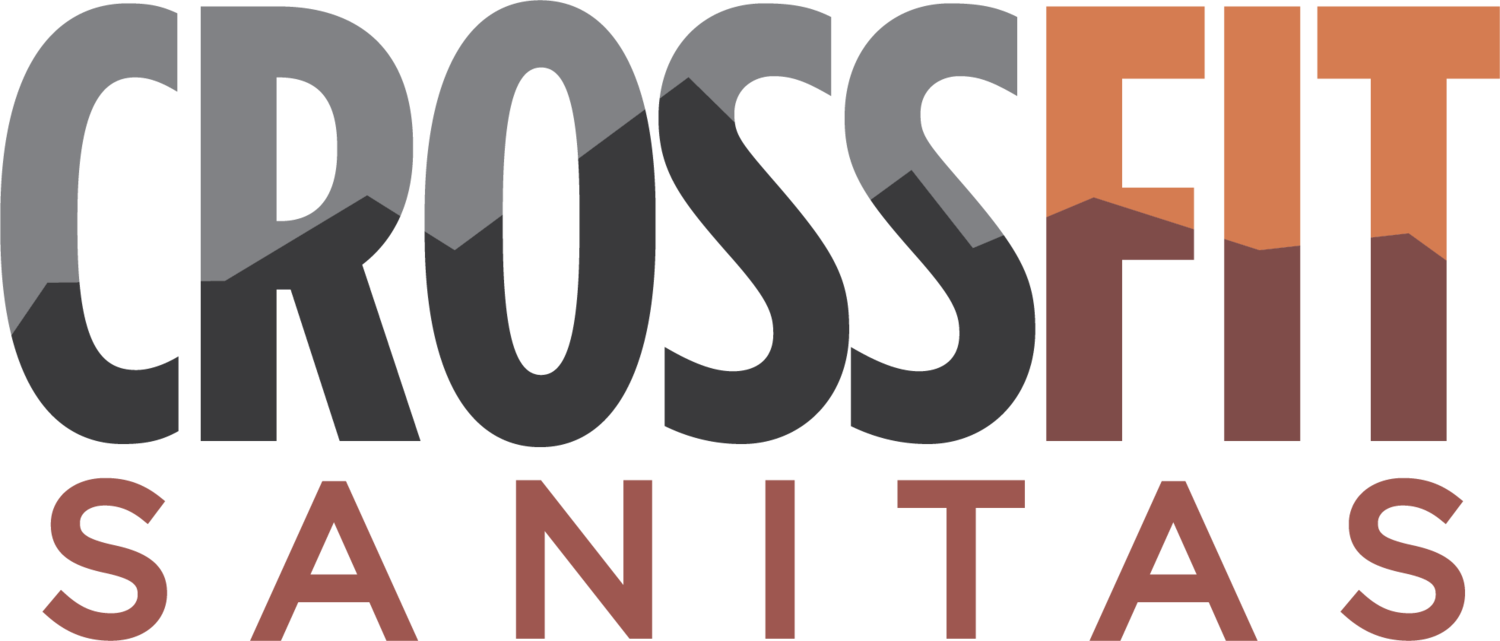The Connection Between Your Gut and Your Mental Health
The gut is home to a bacterial ecosystem and a complex neural network some doctors have started to call the “second brain”.
The stomach’s function is to properly digest and absorb food. When it’s not doing this properly, nutritional deficiencies develop that are linked to allergies, asthma, learning disabilities and psychiatric problems.
Scientists and mental health professionals are finding that by focusing on healing the gut, they can reduce or completely heal symptoms for those suffering from depression, anxiety, ADHD, autism, schizophrenia, bipolar and Parkinson’s.
Toxins That Cause Gut Damage
Damage to the gut can start in early childhood and ongoing exposure to toxins over a lifetime will contribute to unhealthy flora thriving in the gut and affecting the immune system. These toxins include:
Antibiotics – courses of antibiotics kill good bacteria along with bad ones.
Alcohol – harmful yeast species (like Candida) multiply with alcohol and sugar consumption and have a very toxic affect on the body (alcohol also enhances damage done by common drugs, pollutants and other toxins).
Gluten and Casein (found in wheat and dairy) – for a lot of people, these proteins don’t get digested properly. The remaining chemical structure has similar side-effects on the brain to opiates like morphine and heroin.
Sugar – causes insulin spikes, increases the risk of diabetes, damages the immune system and has a negative impact on gut flora. In order to digest sugar, the body must use high levels of available minerals, vitamins and enzymes, leaving your body depleted.
Soy - is processed in aluminum tanks with acid washes that allow the aluminum to absorb into the soy. Aluminum is linked to dementia and Alzheimer’s disease. Soy has a high level of phytates which bind to minerals and prevent them from being absorbed. Soy can also mess with hormones particularly in women and children.
Fats – processed seed and vegetable oils (canola, safflower, soy, etc.), as well as grain-fed meats have an inflammatory effect on the gut. These oils are not stable and become oxidized very easily and the fats from seed and vegetable oils and grain-fed meat are high in Omega 6s.
Exposure to chemicals and pollution – personal care products, cleaning products and pesticides all contain chemicals that the body struggles to process leading to more inflammation.
For more details about the affects of dairy, alcohol, grains and sugar see Why should I eliminate Grains, Sugar, Dairy and Alcohol.
Steps to heal the gut
1. Anti-inflammatory Diet
In order for the healthy flora to come back into balance and for the stomach lining to be repaired, the body has to stop fighting toxins and inflammation. Start with a diet of organic vegetables, free of pesticides, grass-fed animal protein and healthy fats such as coconut oil, fish oil and animal fats.
2. Probiotics
Probiotic supplements have been proven in studies to help assist with healing the gut and reducing anxiety and depression. Another beneficial source of healthy gut flora is fermented foods such as sauerkraut and kimchi as microbes are able to travel further down the digestive track. Check out a local product called Zuke's at Whole Foods and Vitamin Cottage.
3. Mineral-rich Bone Broth
Chicken soup didn’t get it’s reputation for curing sickness for nothing. Bone broth is a natural multi-vitamin and is essential. Bone broth is easy to make in a slow cooker by adding bones, garlic and onion and cooking for 12-16 hours and is absolutely delicious. The collagen in bone broth is one of the best things for healing the gut.
4. Reduce Chemicals and Toxins
Cleaning products can cheaply and easily be replaced with vinegar and baking soda. You can also hand make luxurious natural personal care items such as shampoo and conditioners and body creams. If you don't have time for this, check out pre-made products at Whole Foods, Alfalfa's, Vitamin Cottage or at Rebecca's in Boulder.
Check out our Pinterest boards with lots of ideas:
5. Vitamin D From Sun Exposure And Foods
Vitamin D deficiency is linked to diabetes, heart disease, mental illness, auto-immune illnesses and cancer to name only a few. The best sources are from the sun and Vitamin D rich foods which include cod liver oil, eggs and liver.

